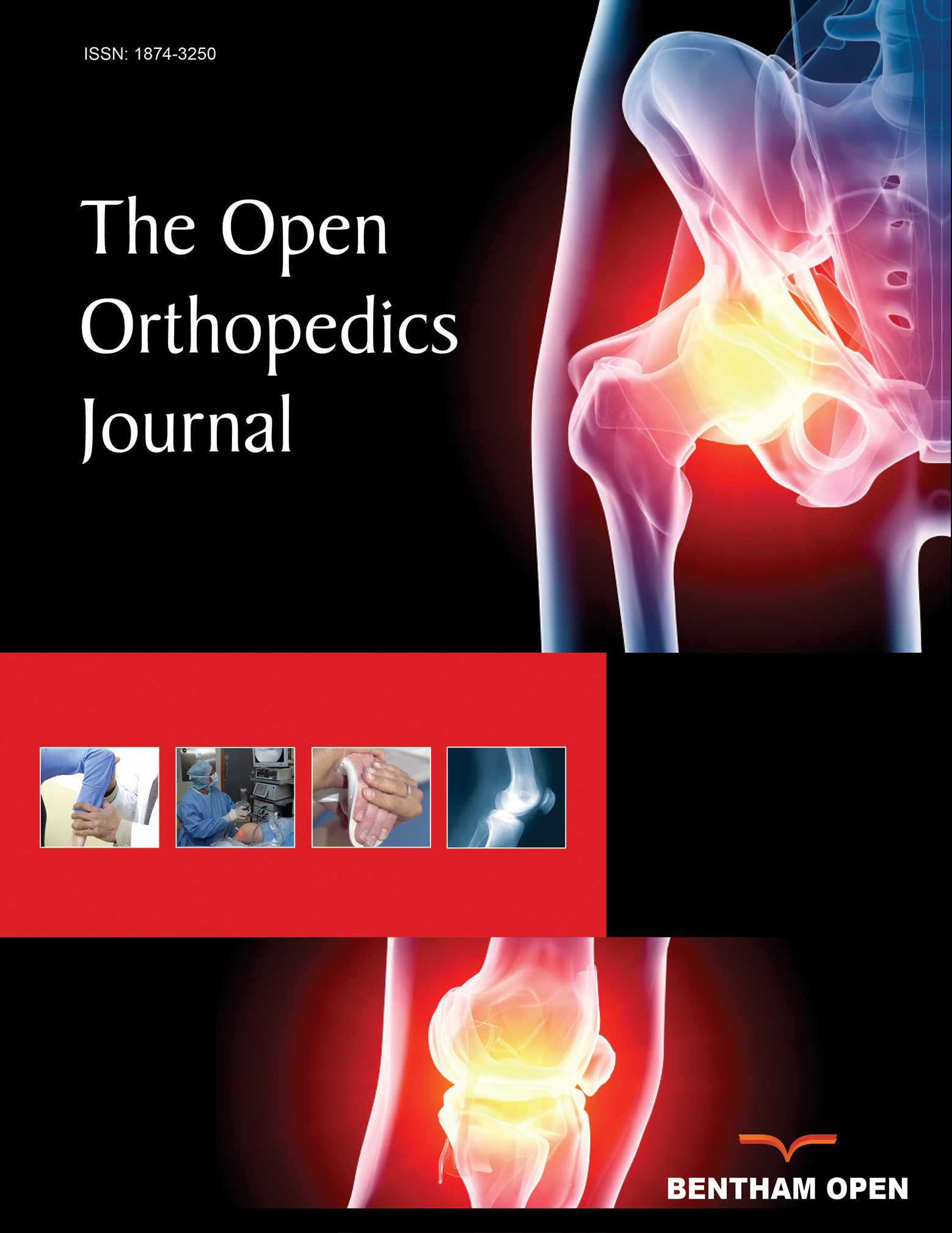All published articles of this journal are available on ScienceDirect.
Revision of Unicondylar to Total Knee Arthroplasty: A Systematic Review
Abstract
Isolated unicompartmental osteoarthritis in the young patient is a difficult problem to treat; they may be too young to consider total knee arthroplasty due to difficulties with inevitable future revision. Unicompartmental knee arthroplasty is one possible solution as it is perceived by some as being a smaller surgical insult than total knee arthroplasty, with easier revision to total knee arthroplasty than a revision total knee arthroplasty. A total knee arthroplasty performed as a revision unicondylar knee arthroplasty is thought by some authors to have equivalent functional outcomes to a primary total knee replacement.
However, there have been several studies suggesting that revision is not as simple as suggested, and that function is not as good as primary total knee arthroplasty.
We performed a systematic review of the literature regarding outcomes after revision of a unicondylar knee arthroplasty.
Although there are many studies proposing selective use of the unicondylar knee arthroplasty, there are a number of studies highlighting difficulties with revision and poorer outcomes, and, therefore, the unicondylar knee arthroplasty cannot be considered a small procedure that will 'buy time' for the patient, and have results equal to a primary knee arthroplasty when revised. Further controlled studies, ideally randomised, are required before final conclusions can be drawn.


